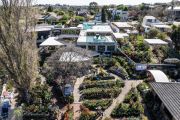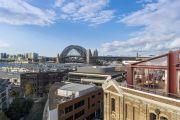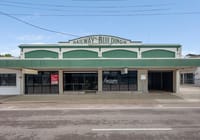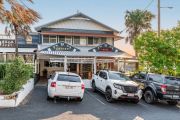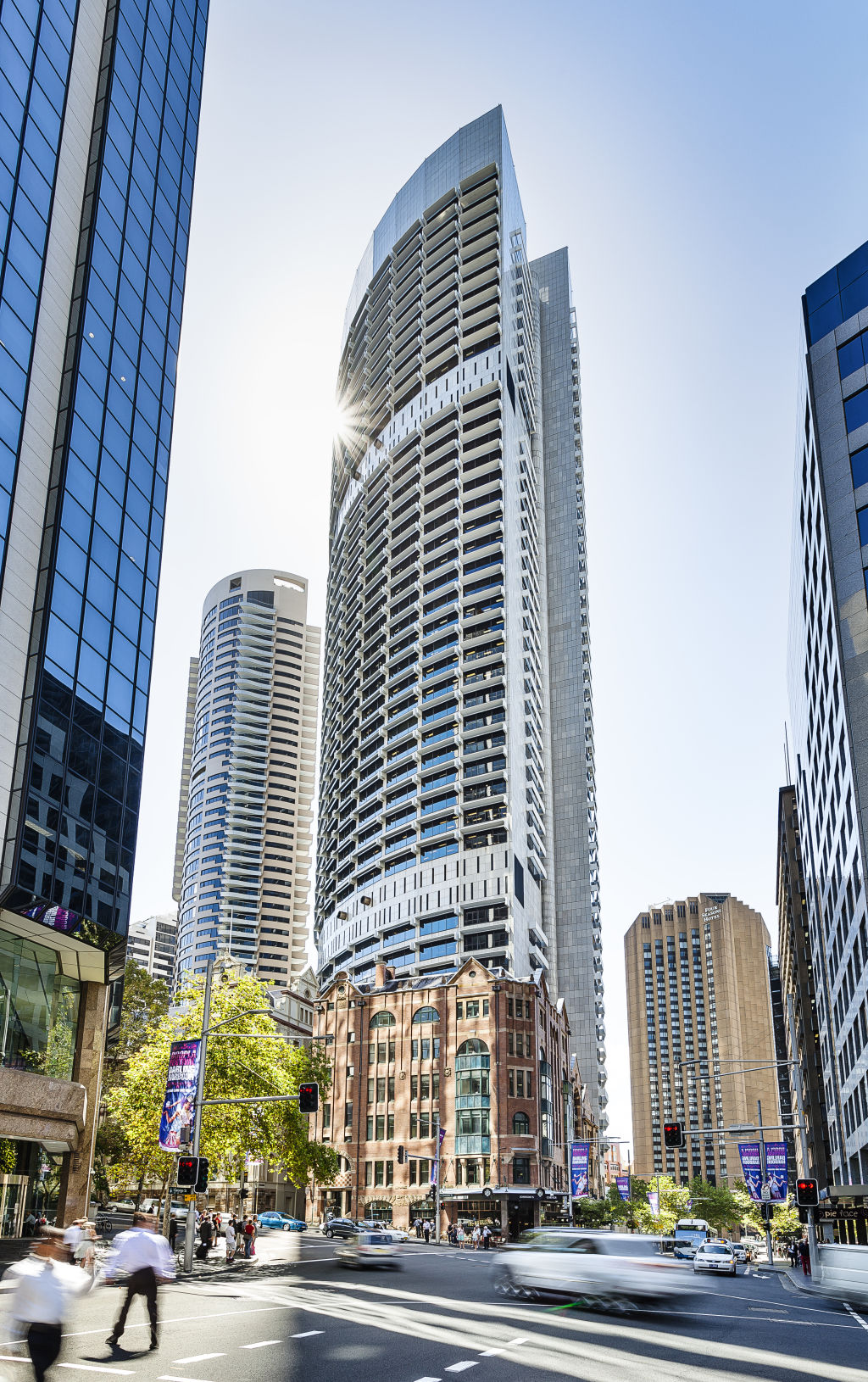
GPT’s $860m Grosvenor Place deal bets on market recovery
GPT Group has bought an $860 million half share in Sydney’s Grosvenor Place, one of the city’s best-known corporate addresses, in a major vote of confidence that the office market is recovering and that plummeting valuations for assets in the sector have bottomed.
It also represents one of the first big market-defining moves by chief executive Russell Proutt, who took charge of the GPT – the first property trust launched on the ASX more than 50 years ago – 18 months ago.
The deal gives GPT a stake in a 44-storey landmark designed by Harry Seidler in the heart of city’s financial district, as large companies begin jostling for prime office locations amid scarce supply of new space in the city.
“We think we’re buying well. We’re doing it with it a really good partner: great asset, right location and point in the cycle. So it ticked a lot of boxes,” Proutt told AFR Weekend.
Initial reactions from analysts noted the significance of the transaction, not just its scale, but the fact that a listed property company was putting its own balance sheet – and the interest of its shareholders – into the deal.
It comes after office markets around the country took a hammering after the pandemic as interest rates rose and working from home gained popularity, sending some office building valuations tumbling by as much as 30 per cent.
The upside for early movers such as GPT is that there is little supply coming into the market, partly because construction costs make it difficult for developers to stack up the financial case for new buildings.
“In our view, in particular market office markets in this country, we think that it [the market] has turned. We also think economic rents are well above current market rents, so we think there’ll be supply constraints going forward,” Proutt said.
“Sydney’s recovery is well under way, so this is an asset right in the prime of the city that actually does have leasing opportunity in it.”
GPT bought its half stake from Commonwealth Superannuation Corporation after the super fund, which already held a 25 per cent stake in the building, exercised its pre-emptive right to acquire the 75 per cent stake, which US private equity investor Blackstone was looking to sell.
It has previously been expected that Blackstone would sell its stake to another local fund manager, Investa, which was backed by US investor, BGO.
For CSC, which already co-owns 101 Collins Street in Melbourne and QV1 in Perth jointly with GPT, its stake in Grosvenor Place now rises to 50 per cent after the two-stage transaction.

“The decision to expand our ownership of Grosvenor Place reflects our views on the quality, location and potential of the asset; our demonstrated capacity to leverage potential in our direct investments via proactive management; and our assessment of the entry opportunity afforded by Sydney CBD office market dynamics.” said chief investment officer Alison Tarditi.
The announcement of the transaction comes in a week when the work-from-home debate has been given fresh legs after a landmark ruling in favour of a Westpac employee. Proutt said he was not too concerned, noting that workplace arrangements are not a “binary decision” for most organisations, which have already established a balance with their employees.
Grosvenor Place’s position at 225 George Street – and its roster of blue-chip professional services firms – gives plenty of support for GPT’s investment.
“This is for Sydney and this is for downtown core,” he said. “You lay that on top of white-collar growth. We’re seeing a centralisation movement back into the cities by a lot of companies.”
On JPMorgan’s estimate, the deal has been struck on a cap rate of about 7 per cent if the building were fully leased – an industry metric akin to an investment yield.
As cap rates rise – in line with higher interest rates and bond yields – values typically fall. At its peak, three years ago, cap rates were in the low 4 per cent range for the best office assets, underscoring Proutt’s confidence to have bought at the bottom of the cycle.
“This marks a pivotal moment for the Australian office market,” said veteran office broker Rob Sewell, head of institutional sales at Knight Frank.
“Domestic investors are now recognising what offshore capital has seen for some time – that the Sydney CBD Core offers one of the strongest office growth profiles globally. Owners are holding their assets tightly to capture the expected valuation uplift through 2026.”
Ben Martin-Henry, head of private assets research at data analytics firm MSCI, said the Grosvenor Place deal was one of the largest single-asset office transactions in Australia in some time, marking “a clear signal that institutional capital is re-engaging with prime CBD assets”.
“After two years of limited activity and valuation uncertainty, a transaction of this scale suggests price discovery in the Sydney office market is stabilising, and that liquidity is returning, at least for high-quality assets,” he said.
“It also sets a potential benchmark for where core pricing now sits, which could help narrow bid-ask spreads and encourage further deals.
“It appears GPT feel confident that most of the value correction has occurred and that rent fundamentals for premium Sydney towers remain resilient despite continued softness in the secondary market.
“This transaction is both a vote of confidence in Sydney’s prime office market and a possible inflection point for institutional capital flows. If REITs are beginning to buy again, it may signal that the bottom of the value cycle is near for core office assets.”

